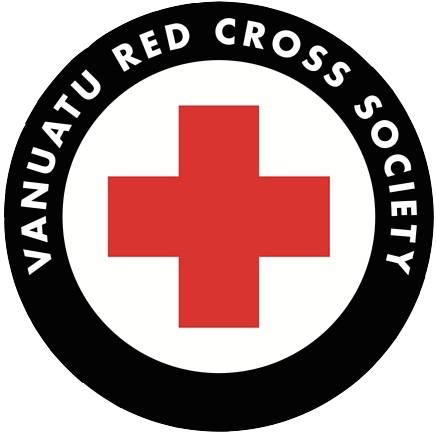Background
Vanuatu is ranked as the second most vulnerable country in the world, a context which is characterized by the frequency of hazard events, lack of basic social services in the countryside and remote islands and a livelihood based on subsistence agriculture. The situation is further exacerbated by the impact of climate change which heightens food insecurity and puts at risk the development gains that took years to establish. Women in particular bear the brunt of the cascading effect of these impacts at the household and community levels. The marginalization of women in the economic sector and meaningful participation in the decision-making process remain a challenge.
The recent series of hazard events underlines the importance of enhancing the resilience of communities to continue to adapt and persevere in times of crisis, although there are no reported or suspected cases of COVID-19 in Vanuatu to date, the threat of the pandemic reaching the shores of the remote islands cannot be discounted. Since the international border restrictions came into effect in April, COVID-19 has impacted the tourism sector which is a major contributor to the local economy. Massive losses in tourism revenues created a domino effect down to the level of the subsistence economy. The rippling impacts. of the pandemic has increased the vulnerability of people in the countryside and further lessened their coping capacity to meet basic needs. The succeeding impact of Tropical Cyclone (TC) Harold left a large swathe of devastation across Sanma, Malampa and Panama. The damage to infrastructure provides a graphic image of the calamity but also obscures the everyday struggles of marginalised communities in
Vanuatu.
Purpose
· Promote Menstrual Hygiene Management (MHM) and other practices that dignifies and increases women’s self-confidence.
· VRCS will support RCVs for ongoing hygiene promotion including household water treatment and storage and COVID-19 awareness within their communities.
· Protection, gender and inclusion (PGI) sensitisation among CDCCCs and village authorities.
· Nutrition awareness in communities on the appropriate utilisation of a variety of food sources.
· Demonstration cooking sessions on maximizing nutrition from locally available food supplies/sources.
Objectives
· Understanding menstrual hygiene is important for women and girls to ensure that their being part of a food and supply chain is not disrupted and discriminated against. Empowering women with MHM will boost women and girls’ self-confidence and dignity.
· Creating an enabling environment for women to participate freely without fear of discrimination.
· Vulnerable households have access to sustainable means of food production and markets through an inclusive approach to food security.
· Mechanisms that enable women’s protection and inclusion in household and community decision-making are in place.
PGI, CP, and PSEAH awareness at the targeted communities in Pentecost, Penama Province
PGI, CP, and PSEAH awareness at the targeted communities in Pentecost, Penama Province
Nutrition training and cooking MHM, HYGIENE PROMOTION, PGI F-DIAGRAM



